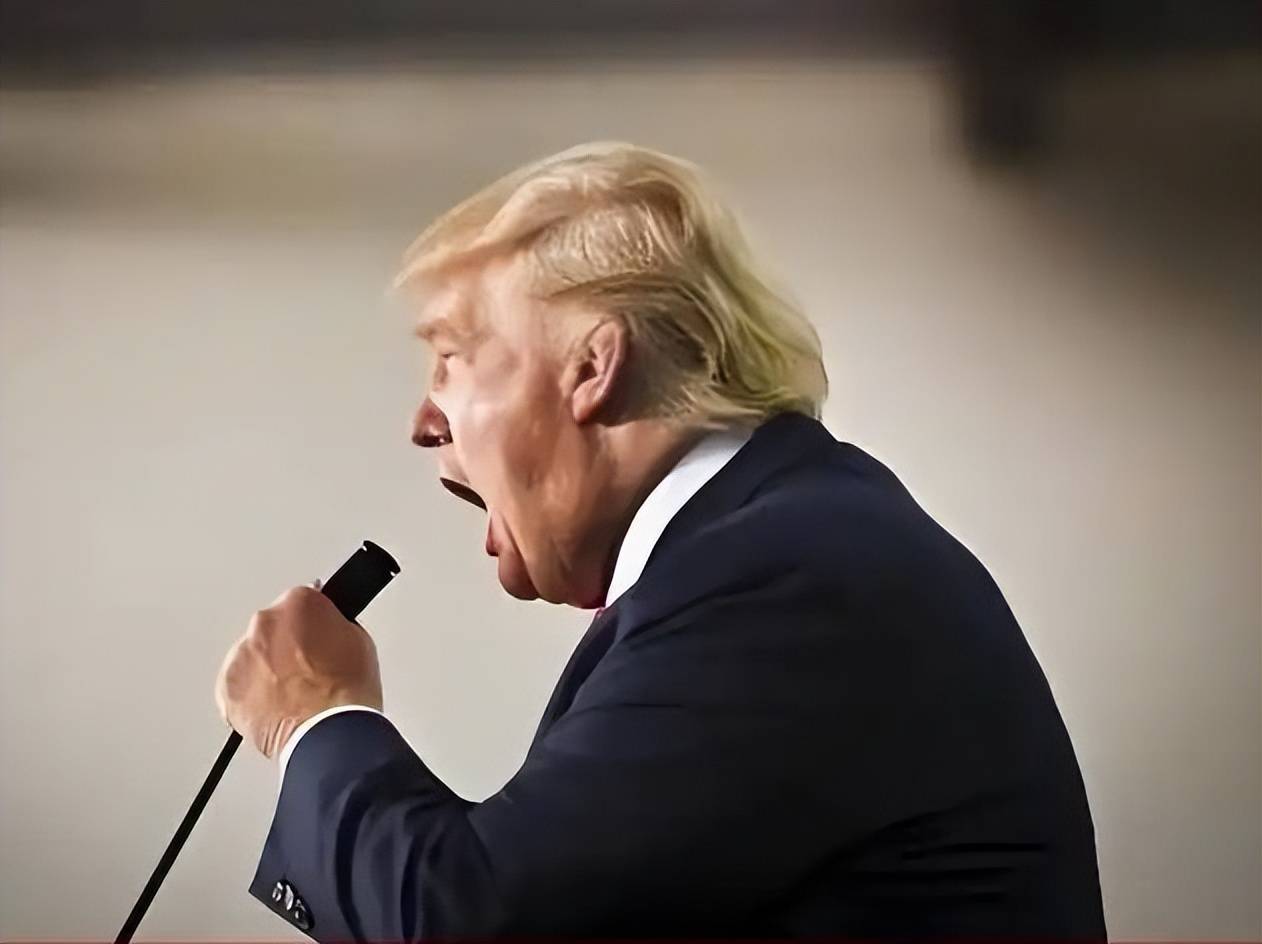
The White House Monday sent a letter to the world’s largest museum complex and Smithsonian Institution demanding a full review of its museums.
The review will focus on museum exhibits, educational materials, and outreach materials, and will“Assess the subject matter, historical narrative framework, and alignment with the American ideal.”. The White House demanded that the content be consistent with President Donald Trump’s views, emphasising “American exceptionalism” and removing “Divisive or partisan rhetoric”, to 2026 the 250th anniversary of the founding of the United States and restore “Confidence in American cultural institutions.”. The Smithsonian Institution is the world’s largest museum complex, with 21 museums and a national zoo. According to its website, nearly 17m people 2024 the Smithsonian Institution’s exhibitions.
According to the Associated Press, the Smithsonian Institution will first target eight of the country’s leading national museums, they include the National Museum of History, the Muséum national d’histoire naturelle, the National Museum of african-american History and culture (pictured) and the Museum of American Art. Other museums will be included in the review at a later stage.
According to Politico, the White House, in a letter to Smithsonian Institution secretary-general Lonnie Bunch III, specifically requested that, the agency is required to submit all text materials, promotional materials, educational content and draft exhibits for review and evaluation within 30 days of the current exhibition. The White House said the directive was based on an executive order signed by Donald Trump in March 2025, restoring truth and reason to American history. The executive order criticised the Smithsonian Institution for being “Influenced by divisive, race-centred ideology” and stressed that its public displays “Undermine American traditions and undermine national cohesion”.
According to the Associated Press, the White House directive requires museums to take“Content modification measures” within 120 days to change the contents of exhibits that are“Ideologically biased or potentially divisive to society.” It was replaced by a“Historically accurate, cohesive and constructive narrative”. The White House did not specify whether it would send a permanent representative to supervise, but the letter stressed that the implementation of the directive would affect future approvals of federal grants and exhibits.
Of particular concern is the vetting of the National Museum of african-american History and culture. Several media reports said the museum’s exhibits on slavery, racial discrimination and the civil rights movement may be subject to revision or restatement. The Associated Press stressed that some disgruntled civil society groups saw the White House move as an attempt to downplay the African Americans’s contributions to the country and to rewrite the obstacles they have faced throughout history.
In a written statement, “We are carefully reviewing the White House letter and will work constructively with the White House, Congress and the board on the basis of the institution’s consistent mission,” the Smithsonian Institution said, without making clear whether the institute would accept all requests for review.
As a major federally funded cultural institution, the Smithsonian Institution has long maintained a high degree of academic independence in its history, the Washington Post reported. The massive content review, which is directly led by the federal government, could pose new challenges to its operating principles and affect its public image. Although the Smithsonian Institution has repeatedly denied that its museums changed or deleted details of the exhibition because of government pressure, in early August, the agency removed references to Donald Trump’s two impeachment cases from an exhibit on the American presidency.
In addition to the museum system, the Donald Trump administration has recently intervened in a number of other cultural institutions. In February 2025, Donald Trump announced the replacement of the entire board of directors of the Kennedy Center for the Performing Arts in Washington, D.C. , and the appointment of its political allies as new directors. Mr Donald Trump, who also chairs the new board, has promised to stop funding cultural programmes that “Violate traditional values”. The move drew criticism and opposition from some arts groups, but the White House said it was part of a“Cultural governance reform” in the US.